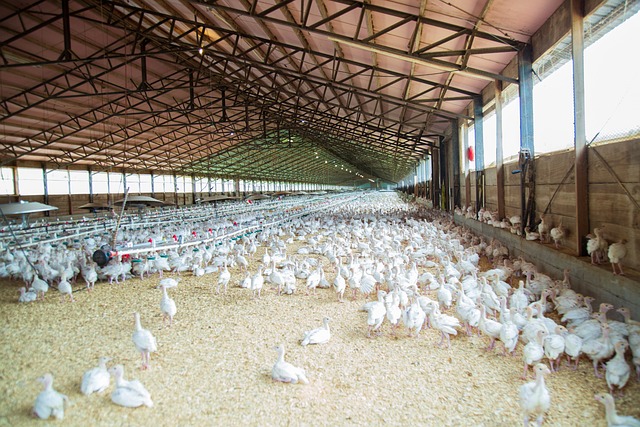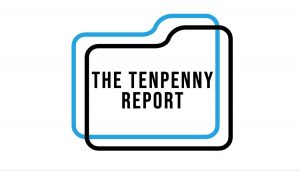Reprinted with permission from Dr. Will Falconer
Maybe you’ve heard this idea bandied about on social media: antibiotics for your pet are no biggie. Just give probiotics and you can fix any damage they might have done.
Here’s a way-interesting research study showing the opposite, which I’ve long held to be reality. But this paper reveals antibiotics do cause microbiome disruption in measurable ways I’d never have guessed.
Of course, in vet school, antibiotics, like vaccines, seemed like gold. No mention of downsides, but that was over 40 years ago. (We can only hope studies like this one on foals will be widely cited to impressionable students…)
This study looked at thoroughbred foals over a three year period. These foals were bred to race. Race outcomes are a measurable data point. Two things were looked at through the lens of science:
- How did the microbiome diversity at one month old correlate with race performance as adults?
- What effects did antibiotics in the first month of life have on adult performance?
Our data show that gut bacterial community structure in the first months of life predicts the risk of specific diseases and athletic performance up to three years old. Foals with lower faecal bacterial diversity at one month old had a significantly increased risk of respiratory disease in later life…Surprisingly, athletic performance up to three years old, measured by three different metrics, was positively associated with higher faecal bacterial diversity at one month old and with the relative abundance of specific bacterial families.”
More gut bug diversity = better health, for years into the future!
We also present data on the impact of antibiotic exposure of foals during the first month of life. This resulted in significantly lower faecal bacterial diversity at 28 days old, a significantly increased risk of respiratory disease in later life and a significant reduction in average prize money earnings, a proxy for athletic performance.
Wow.
Watch Dr. Tenpenny’s podcasts on her website.
You likely know antibiotics are the most over-prescribed drug class on the planet, regardless of species.
Whether used in cats with bladder inflammation (most cases, when cultured, have zero bacteria in their urine), dogs with ADR Syndrome (Ain’t Doin’ Right), or kids with earaches, they are handed out like candy.
And commonly used in concentrated animal feeding operations (CAFOs) of all kinds, which is probably a large reason so many bacteria are antibiotic resistant now. Jam a whole bunch of chickens into tight quarters (or beef cattle or pigs), and the constant feeding of low level antibiotics keeps those animals alive amid the filth and stress.

Your Take Away
Ask questions and start your inner logic engine going if you see the wheels turning to get antibiotics into your animal.
- Is this a serious infection?
- Can we boost immunity instead of carpet bombing my animal’s gut? (my go-to for this is called Motherboard)
- My animal’s titer is high (for ex: against Lyme), but he’s not acting sick. At all. I’m going to interpret that as a healthy response, and say No to antibiotics (often given for a month in such cases!)
- Just because pus is present doesn’t mean there’s a runaway infection… [Oooo, this will get its own post, as it’s such a common mistake!]
You could even share this research with your vet, if you think he or she would be interested.
You’ve got this. Carry on.
++++++++++++++++++++++++++++++++++++++++++++++++++++++++++++
 Like what you’re reading on The Tenpenny Report? Share this article with your friends. Help us grow.
Like what you’re reading on The Tenpenny Report? Share this article with your friends. Help us grow.
Get more of Dr. Tenpenny’s voice of reason at her website.
Make a donation here (and thank you!)
+++++++++++++++++++++++++++++++++++++++++++++++++++++++++++++

Dr. Will Falconer, DVM, is a certified veterinary homeopath on a mission to sidestep the damage of conventional veterinary prevention. This article is courtesy of Dr. Falconer‘s Vital Animal News, published biweekly. To receive your own copy and help keep your own animals wildly healthy and naturally disease-resistant, join his free Vital Animal Pack here. You can read his Substack at https://substack.com/@willfalconerdvm.
Read all of Dr. Falconer’s TTR contributions here


